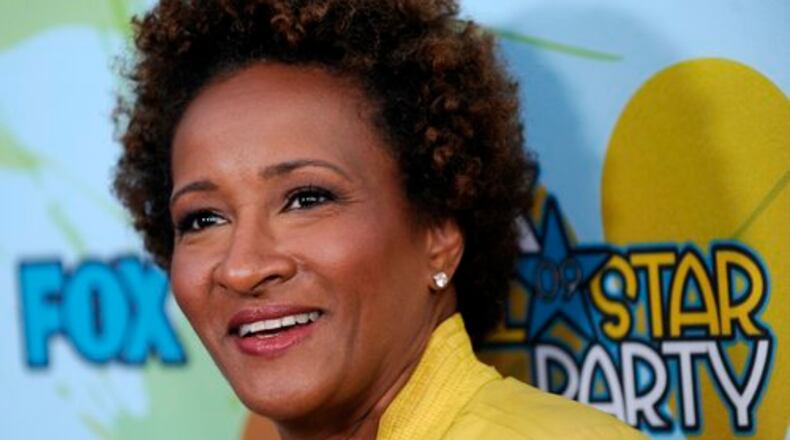All eyes were on the Super Bowl this past Sunday, including when a splashy commercial featuring Wanda Sykes came on TV.
The Novartis ad, “Your Attention, Please,” starts with a provocative montage of bouncing cheerleaders, sultry fashion models and a mother breastfeeding before revealing a sobering text on screen: “Over 6 million women watching today’s game may be diagnosed with breast cancer.”
Sykes then urges, “Let’s start paying attention to breasts when it matters the most.”
For the comedian, this message is personal. In 2011, what was supposed to be routine breast reduction surgery led to a shocking discovery — stage 0 breast cancer. “I didn’t even know there was such a thing as stage 0,” Healthline reported. Her decision to undergo a double mastectomy came down to a characteristically frank assessment: “Do you want your boobs or your life? I went with life,” she told People.
Joined by actor Hailee Steinfeld, Sykes then directs viewers to YourAttentionPlease.com, where they can assess their breast cancer risk and find screening locations.
The ad challenges society’s hyperfixation on women’s bodies by redirecting it toward a potentially lifesaving wake-up call. Recent studies show alarming increases in breast cancer rates, particularly among women under 50, while only 1 in 2 maintain current mammogram schedules. For Black women, the stakes are even higher — while they develop breast cancer at similar rates to white women, they’re nearly 40% more likely to die from the disease.
In addition to mammograms, knowing the warning signs is the first step of prevention. Watch for changes in breast size or shape, unexplained pain, nipple discharge (including blood) or new lumps in the breast or underarm areas, the Centers for Disease Control and Prevention reported. However, many women experience no symptoms, making regular screenings extra important.
“Screening is crucial,” Dr. G. Thomas Ruiz, lead OB-GYN at MemorialCare Orange Coast Medical Center, told SELF. “You do these early screens and you nip things in the bud before they’re life-threatening.”
Risk factors include being female, aging (with most cases occurring in women over 50) and having changes in BRCA1 or BRCA2 genes, according to the CDC. While you can’t change these factors, you can reduce your risk through lifestyle choices like maintaining a healthy weight, staying physically active, limiting alcohol consumption and getting routine mammograms.
As this timely commercial reminds us, paying attention could make all the difference in breast health.
Find more stories like this one on our Pulse Facebook page.
About the Author
Keep Reading
The Latest
Featured




